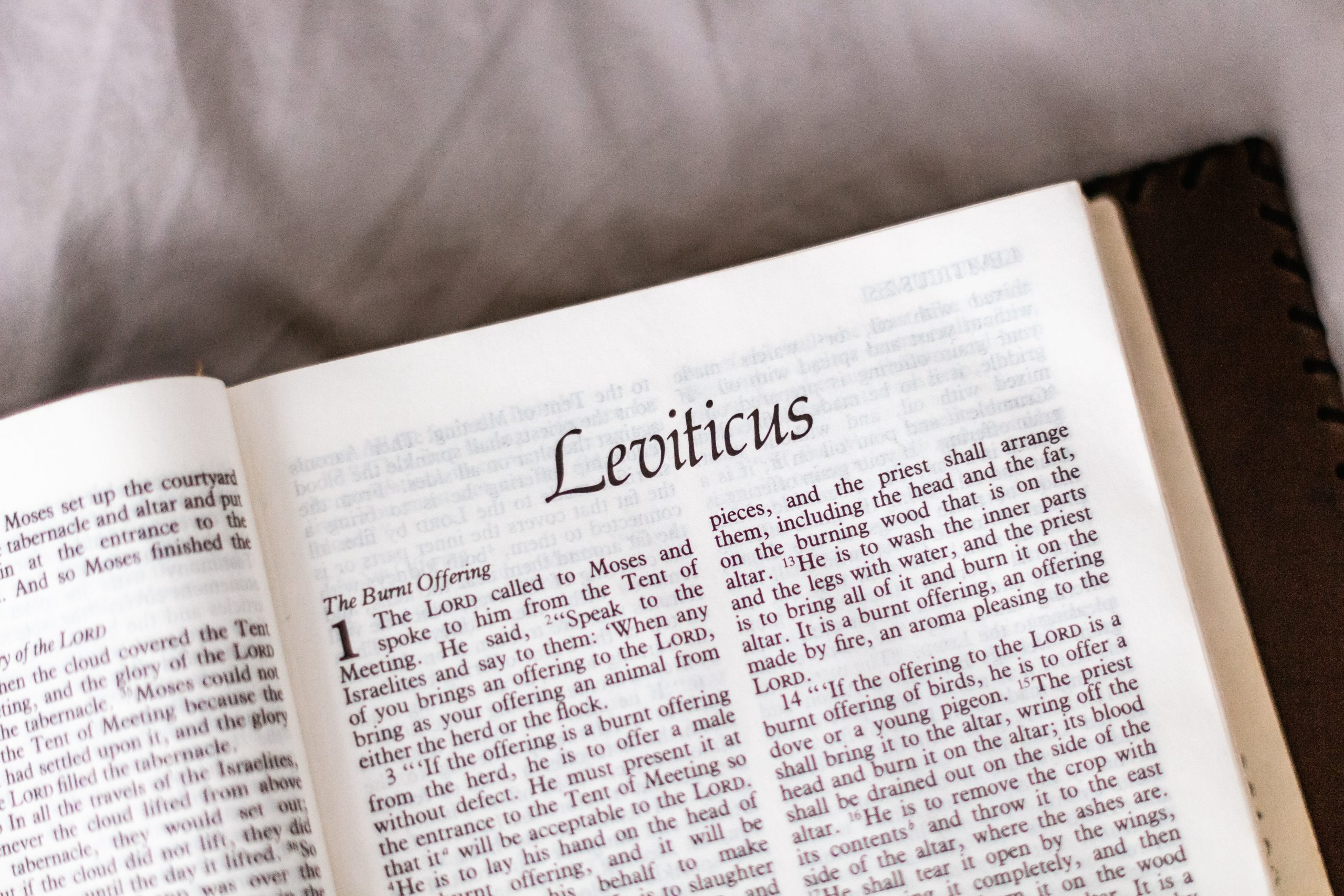Podcast: The Book of Leviticus


Check out the So We Speak podcast on Apple Podcasts or Spotify.
Leviticus may not be anyone’s favorite book of the Bible, but it is central to understanding how and why we worship God. Cole and Terry discuss the outline and purpose of Leviticus and draw lessons for our worship today.
“Leviticus” as a word comes from the tribe of “Levi.” This book is a manual for the priesthood and how Israel was to live before God. This book also deals with sacrifices, holiness, feasts, and the priesthood. The laws were given after the Tabernacle was set up with specific details on how the sacrificial system worked.
Outline of Leviticus
1-10: Approaching the house of God
11-16: Cleansing the house of God
17-27: Meeting with God
Approaching the House of God
Even though there were a lot of different sacrifices, they all followed a common outline.
-
Slaughter of sacrifices. This was done to get the most blood out of an animal to atone for the sins of the people.
-
Priests washed themselves with water before they interceded for the people.
-
Burn sacrifices on altar. Smoke from the sacrifices would rise into the courts of God.
-
The family and priests had a meal in the presence of God.
This reminds us of the importance of atonement and intercession before God. Despite all the sacrifices Israel made in their Levitical system, it would never be enough to declare someone as permanently righteous. An individual’s righteousness only lasted as long as they did not sin. In Christ, we are declared righteous for all eternity because of the perfection of his sacrifice.
Cleansing the House of God
Leviticus 13: The Day of Atonement is viewed by Jews as the holiest day of the year. Sacrifices demand repentance in the heart. The sin of the entire nation is dealt with by the scapegoat that is sent outside the camp.
As followers of Christ, we have full access to the presence of God through the Holy Spirit. Leviticus reminds us what it took to be righteous before God, knowing we can never attain this righteousness on our own.
Presence of God
Israel was called to live holy lives and be separate from the other nations.
For the Church, this means we cannot live like the rest of the world. Christians are described as “temples of the living God” (1 Peter 3). Living God’s way can often be difficult, but it is ultimately the best way to live.
Leviticus reminds us that we should look different from the world. Our hearts must be changed as we are separate from the world. Not only should we look different from the world, we should look at the world differently because the Spirit of God has transformed our vision.
Ultimately, Christ comes as the perfect, spotless sacrifice in the transferal of our sin to make atonement before God on our behalf. He comes as the great High Priest who needs no sacrifice to perfect himself before making atonement for others. We can rest in the completed work of Christ as the sacrifice and High Priest so that we can draw near to God and live holy lives before him.
Brittany Proffitt lives in Dallas, TX, holds a BA in Religion, and is a student at Southwestern Baptist Theological Seminary. She is passionate about Scripture and how God’s Word impacts individuals’ hearts and lives.






